Requires Prescription: Yes
Generics: Famotidine
Used For: Acidity & Ulcers
How It Works: Famotidine reduces stomach acid production, which helps alleviate pain and promotes healing of ulcers.
Usage and Safety:
Dosage: As prescribed by your healthcare provider.
Side Effects:
Common: Headache, dizziness.
Gastrointestinal: Diarrhea, constipation, nausea, vomiting, abdominal discomfort, anorexia, dry mouth.
General: Fever, fatigue.
Cardiac: Irregular or rapid heartbeat, palpitations.
Musculoskeletal: Muscle pain, cramps, joint pain.
Nervous System: Hallucinations, confusion, agitation, depression, anxiety, sleep disturbances, tingling in fingers or toes, decreased sex drive, seizures.
Respiratory: Breathing difficulties due to airway narrowing.
Other: Ringing in the ears, taste disorders.
Drug Interactions: Caution with ketoconazole, itraconazole, probenecid, sucralfate, warfarin, theophylline, phenytoin, diazepam, propranolol, aminopyrine, antipyrine, indocyanine, and atazanavir.
Indication:
Treats stomach and duodenal ulcers (peptic ulcers) and prevents their recurrence.
Manages Zollinger-Ellison Syndrome, a condition with excessive stomach acid production.
When Not to Use:
If allergic to famotidine or any of its ingredients. Symptoms of an allergic reaction may include shortness of breath, swelling of the tongue or face, rash, and itchiness.
Precautions:
For patients with duodenal or benign gastric ulcers, test for H. pylori infection. Eradicate the bacteria if present.
Warnings:
Do not discontinue use without consulting your doctor, even if you feel better.
Avoid use in patients with a history of hypersensitivity to other H2-receptor antagonists.
Caution in patients with renal insufficiency; reduce the dose if creatinine clearance is below 10 ml/min.
Additional Information:
Pregnancy Category: Consult your physician before use.
Storage: Store at room temperature, away from direct light and heat.


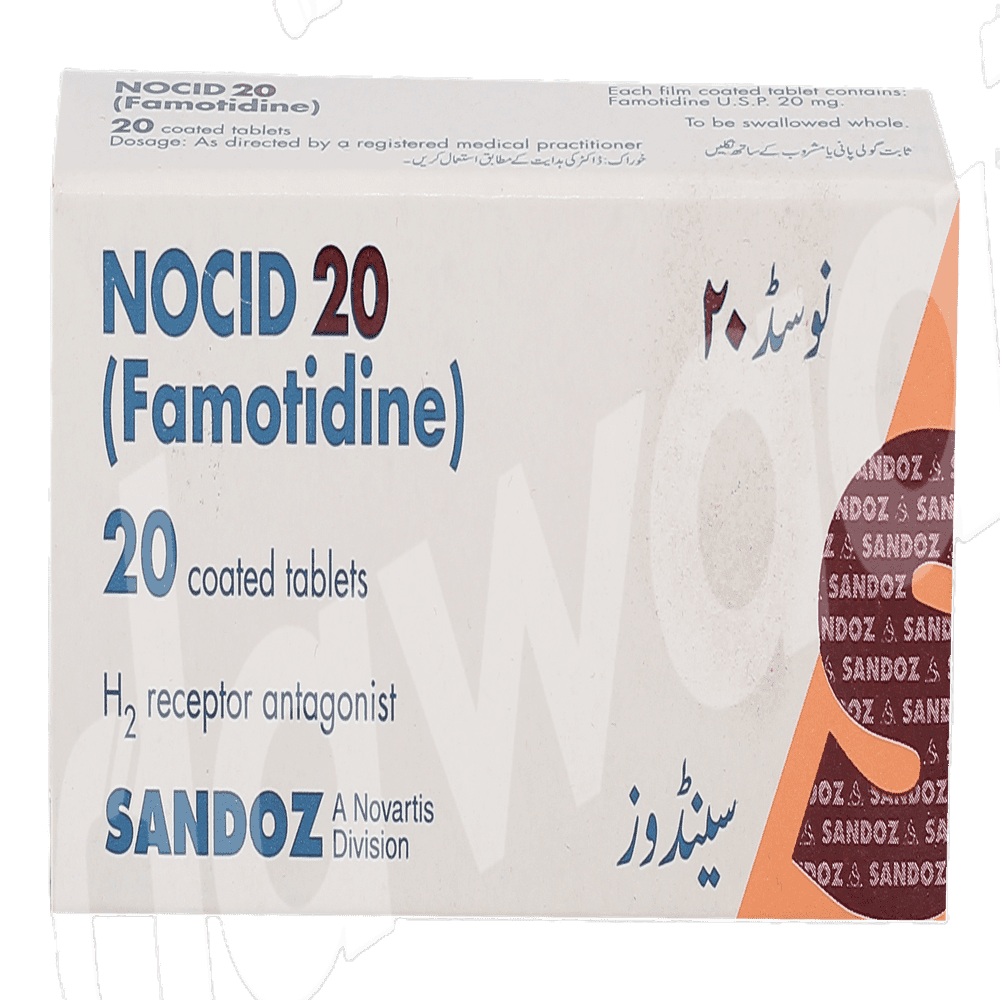




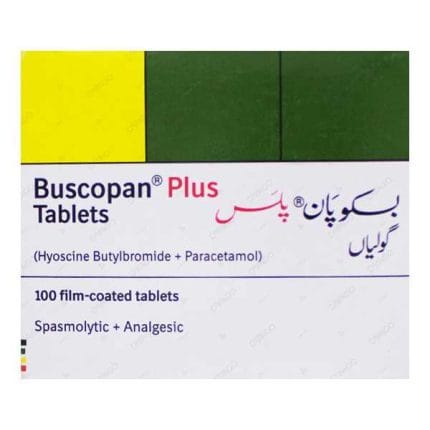



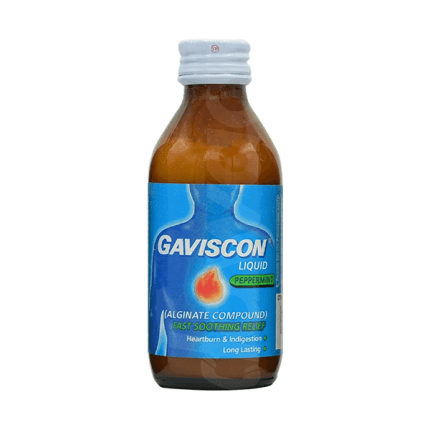

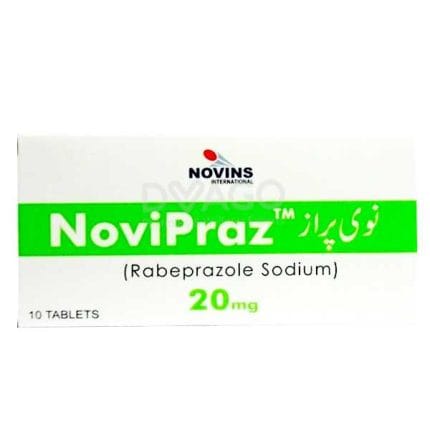
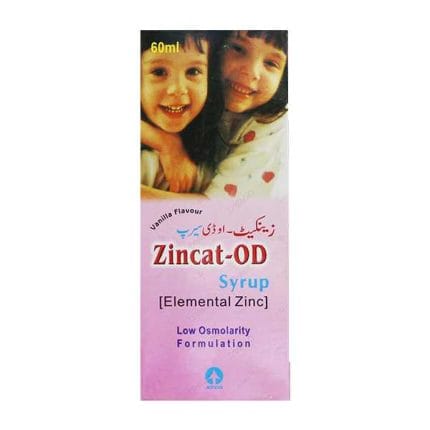







Reviews
There are no reviews yet.